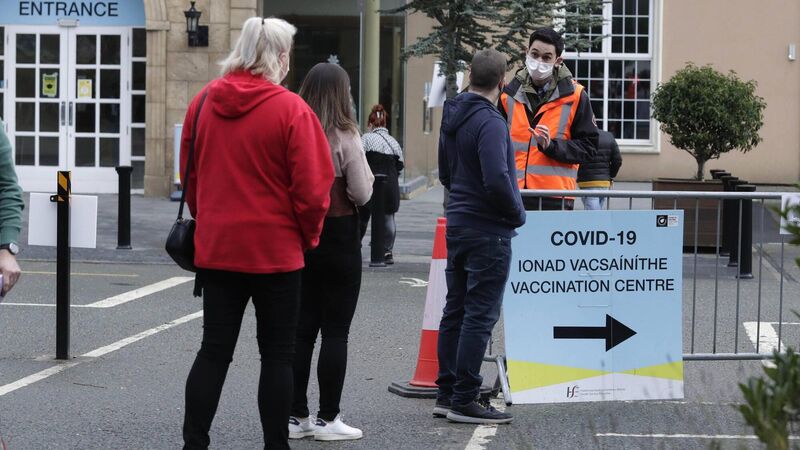At a glance: What are the new testing and isolation rules?

People queueing to receive their booster vaccinations at Citywest vaccination centre in Dublin. Picture: Damien Eagers
The Government announced substantial changes to the testing requirements for suspected cases of Covid-19.
Changes have also been made to who is required to isolate and for how long.










